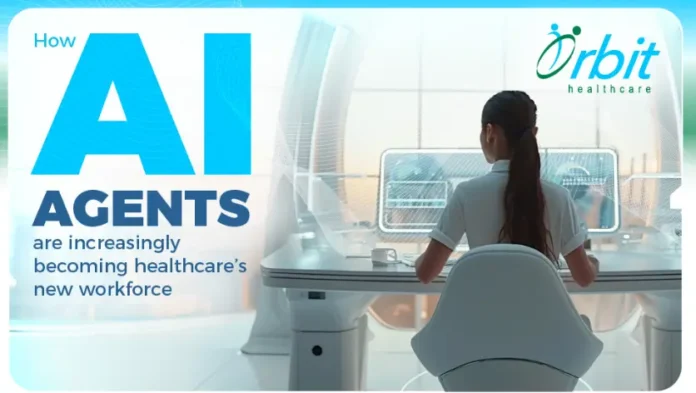Healthcare has a new artificial workforce joining the industry. Although less than 1% of enterprise software applications included agentic AI in 2024, by 2028, usage is expected to surge to 33%.
A healthcare AI agent is a system or program that autonomously performs tasks for a human or another agent. They are not just chatbots or digital employees, but are capable of working without human input and are given autonomy for completing tasks.
These agents are now emerging in front and back office operations. However, because public-facing models are trained on limited access to private data, they are not HIPAA compliant. This emphasizes the importance of integrating both human and AI physicians in the workplace.
Healthcare organizations are now adopting AI agents for a variety of backend tasks. Beginning with autonomous insurance verification, these systems are also being explored for AI-powered medical waste disposal services, helping hospitals track, segregate, and manage waste more efficiently. AI can also help with enhanced benefit verification or insurance discovery. Prior authorization and document processing can also be streamlined using agentic AI.
Using these technologies can lead to a better quality of life due to a reduction of administrative burdens for many healthcare groups. Providers, overall health systems and ambulatory services may see an increase in revenue, time back, cost savings and quicker referral processing time.
Most importantly, AI agents allow for better outcomes for patients. Faster diagnoses, customized treatment, more time spent with real hospital staff, and increased patient satisfaction are amongst the many benefits to AI use in healthcare. In fact, studies show that 71% of healthcare workers think agentic AI will be essential to healthcare in the next five years. As long as these systems are able to deliver the benefits that experts claim they are capable of, it won’t be long before bridging the gap between interest and adoption is made possible.

Source: Orbit Healthcare

